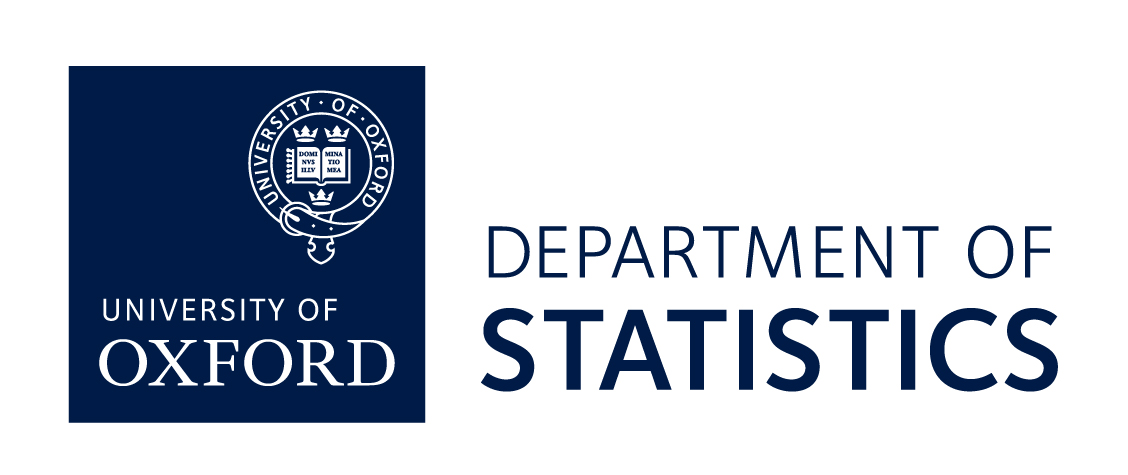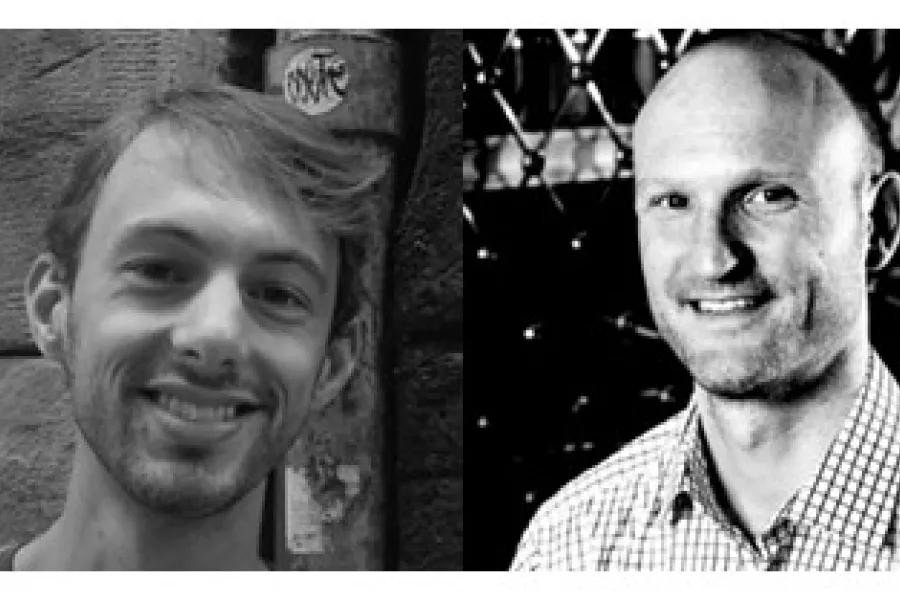Breadcrumb
2022 Corcoran Memorial Prize Lecture
A recording of this lecture is now available here.
|
15:00 |
Welcome and introduction from Professor Christl Donnelly, Head of Department |
|
15:10 |
Corcoran Memorial Lecture Speaker: Professor Michael Gutmann Biography: Michael Gutmann is faculty in machine learning at the School of Informatics at the University of Edinburgh. He holds MSc degrees from ETH Zurich and Ecole Centrale Paris, and a PhD degree in computational neuroscience from the University of Tokyo. Gutmann was part of the organising committees for NeurRIPS, ICML, and AISTATS, and currently serves as Action Editor for the Transactions on Machine Learning Research. His main research interests are in machine learning for science, in particular, in methods development for Bayesian inference and design. Talk Title: Self-supervised learning for Bayesian experimental design Abstract: The natural sciences increasingly use machine learning for data analysis. Whether the analysis of the data is successful or not, however, ultimately depends on the quality of the data; a sophisticated analysis cannot fix uninformative data. In this talk, I will show that machine learning can help not only with data analysis but also with the design of experiments to collect informative data. I will focus on methods that we have developed for the large class of simulator models which includes models of biochemical reactions, neural activity or infectious diseases to name a few examples. |
|
16:10 |
Award of Corcoran Memorial Prize |
|
16:20 |
Prize Winner Talk Speaker: Dr Adam Foster Biography: After studying maths at Cambridge and working at a startup in San Francisco, Adam joined the Department of Statistics in 2017 to study with Yee Whye Teh and Tom Rainforth. His first major work, which started Adam on his main DPhil topic, was a collaboration with Noah Goodman (Stanford) and the Pyro PPL team to investigate new computational approaches to Bayesian experimental design. Adam followed this up with a sequence of further projects on the subject once back in Oxford. After graduating, he joined Microsoft Research where he works with Frank Noe on applications of AI in the natural sciences, with a current focus on electronic structure. Talk Title: Concepts in Modern Bayesian Experimental Design Abstract: The Expected Information Gain (EIG) is a central quantity connecting statistics and information theory, and can be used as a criterion to select the optimal design for an experiment. I will explore the intuition behind EIG, before discussing more recent approaches for estimating EIGs when they become intractable, optimising EIG over continuous spaces of designs and over the space of policies for adaptive experiments. |
|
16:45 |
Drinks Reception |
To find out more about the Corcoran Memorial Prize and see a list of winners visit our Corcoran Memorial Lectures page.



